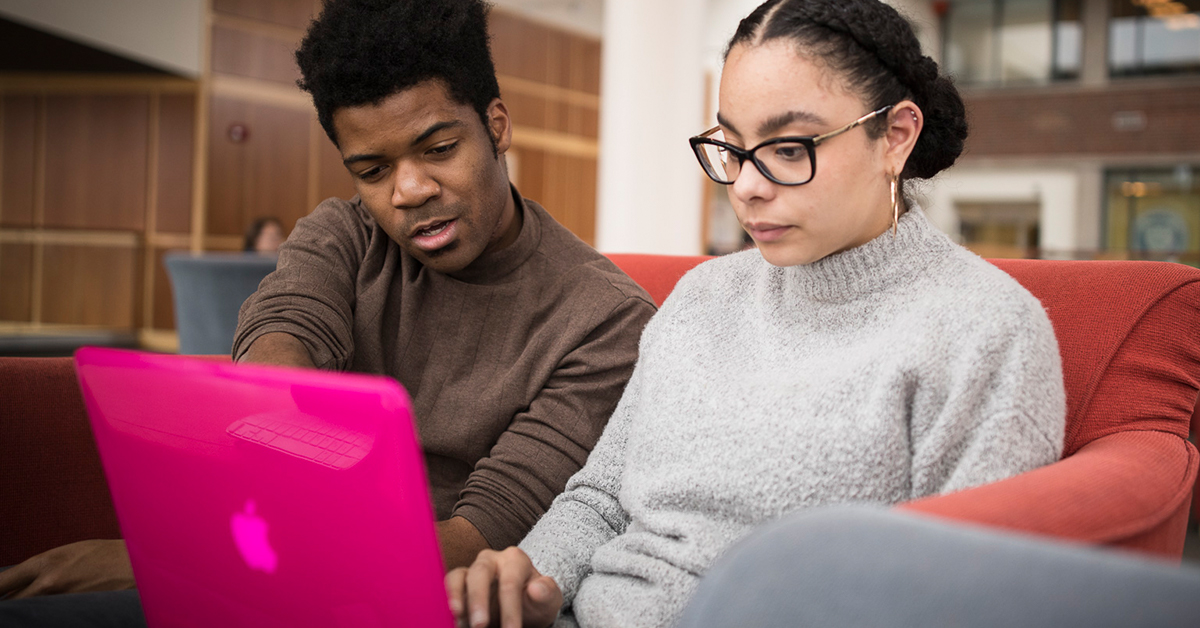Getting Comfortable with Being Uncomfortable: 3 Tips to Make the Most of Your Orientation Program
New Student Orientation is the first big step in the transition to college. As the Director of New Student Engagement & Transition, I have overseen the new student orientation program at Emmanuel for several years. I know how challenging it can be for students and their families to take that leap and commit to an institution. I still vividly remember my own new student orientation experience from 20 years ago, the equal feelings of anxiety and excitement that filled me as we drove onto campus. Orientation was the first of many transformative experiences I had during my college experience, and it led me to become an Orientation Leader for three years, and then to go on to become a staff member working with new student orientation and transition programs at various colleges for the better part of eighteen years. Drawing on those many years of experience, I’d like to share some helpful tips for new students to ensure that they get the most out of all that orientation has to offer, so that they can feel confident in their experiences moving forward:
Tip #1: Take full advantage of the resources made available to you during orientation!
The faculty and staff are open to all of your questions, concerns, and most importantly, they want to make sure they can help you succeed when you arrive in the fall. Make sure to listen attentively and engage in each session. Take time to explore all of the different tables at the resource and involvement fairs both at your orientation session and when you return for the start of the academic year. This is the best way to begin to discover the opportunities available for you to get involved on campus as early as your first semester.
Tip #2: Don’t be afraid to connect with your fellow classmates, Orientation Leaders (OLs) and other student leaders.
Your OLs are there for you every step of the way, and your classmates are all experiencing the same nerves and excitement. These are the people you will spend most of your time with throughout the program, build relationships with in the fall, and make memories with over the course of your time in college. Orientation is your chance to begin that journey!
We encourage you to silence or even turn off your phones so you can fully engage in all the program has to offer. I realize this is an incredibly exciting and busy time, but it’s important you are truly focused and present so that you can get your questions answered, enjoy the rest of your summer, and come back ready to tackle your first year.
Tip #3: Finally, fully engaging in the program also means being comfortable with being a little bit uncomfortable.
While orientation will be a fun-filled, informative and sometimes exhausting two days, it can also feel a little awkward. You will meet tons of new people, eat in a new dining hall, share a room with a near-stranger, and you will do icebreakers. You are going to look and feel a little strange doing them, but we want you to be uncomfortable. We learn the most about ourselves and from each other when we are not in our comfort zones. All aspects of orientation programs are crucial to your success, and we encourage you to participate wholeheartedly in all that it has to offer!




 About Insights
About Insights
 About Emmanuel
About Emmanuel